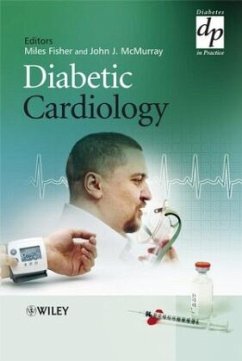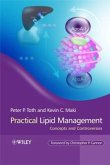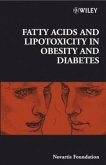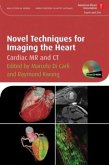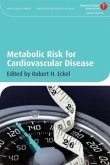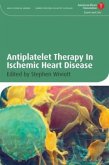Cardiovascular disease is the most common cause of death in people with diabetes. Interest in the assessment and treatment of heart disease has been reawakened because of several factors, including the results of multi-centre studies. The DIGAMI study on the use of intravenous insulin infusion at the time of myocardial infarction has stimulated a large number of discussion papers on the best treatment of MI in the diabetic patient. Covering pharmacological and non-pharmacological interventions, Diabetic Cardiology examines developing topics from a largely cardiological perspective.
With cardiovascular disease becoming the most common cause of death in people with diabetes, interest in the assessment and treatment of heart disease in these patients has been reawakened. This book examines developing topics from a largely cardiological perspective, covering both pharmacological and non-pharmacological interventions.
The DIGAMI study on the use of intravenous insulin infusion at the time of myocardial infarction (MI) has stimulated a large number of discussion papers on the best treatment of MI in the diabetic patient. The UKPDS has shown that treatment of Type 2 diabetes does not reduce cardiovascular end-points significantly, but that aggressive treatment of blood pressure can do so. In addition, sub-group analysis from several large cardiovascular trials has shown that treatment with statins, anti-platelet therapy, ACE inhibitors and other drugs will also reduce cardiovascular events in people with diabetes.
Hinweis: Dieser Artikel kann nur an eine deutsche Lieferadresse ausgeliefert werden.
With cardiovascular disease becoming the most common cause of death in people with diabetes, interest in the assessment and treatment of heart disease in these patients has been reawakened. This book examines developing topics from a largely cardiological perspective, covering both pharmacological and non-pharmacological interventions.
The DIGAMI study on the use of intravenous insulin infusion at the time of myocardial infarction (MI) has stimulated a large number of discussion papers on the best treatment of MI in the diabetic patient. The UKPDS has shown that treatment of Type 2 diabetes does not reduce cardiovascular end-points significantly, but that aggressive treatment of blood pressure can do so. In addition, sub-group analysis from several large cardiovascular trials has shown that treatment with statins, anti-platelet therapy, ACE inhibitors and other drugs will also reduce cardiovascular events in people with diabetes.
Hinweis: Dieser Artikel kann nur an eine deutsche Lieferadresse ausgeliefert werden.
"For diabetologists and practitioners. Though rare, uncontrolled diabetes causes heart disease also in adolescents. Thus also of interest for pediatric endocrinologists who have the responsibility of preventing these disabling complications." ( Pediatric Endocrinology Reviews , June 2010)
"This book I am sure would be welcomed as an evidence-base resource by most diabetic specialists ... I would also recommend it for all those in primary care with an interest in vascular disease and diabetes." ( Practical Diabetes International , October 2008)
"This excellent book...provides a useful meeting point for two specialities that do not routinely associate together." ( Lancet , May 2008)
"This book I am sure would be welcomed as an evidence-base resource by most diabetic specialists ... I would also recommend it for all those in primary care with an interest in vascular disease and diabetes." ( Practical Diabetes International , October 2008)
"This excellent book...provides a useful meeting point for two specialities that do not routinely associate together." ( Lancet , May 2008)

